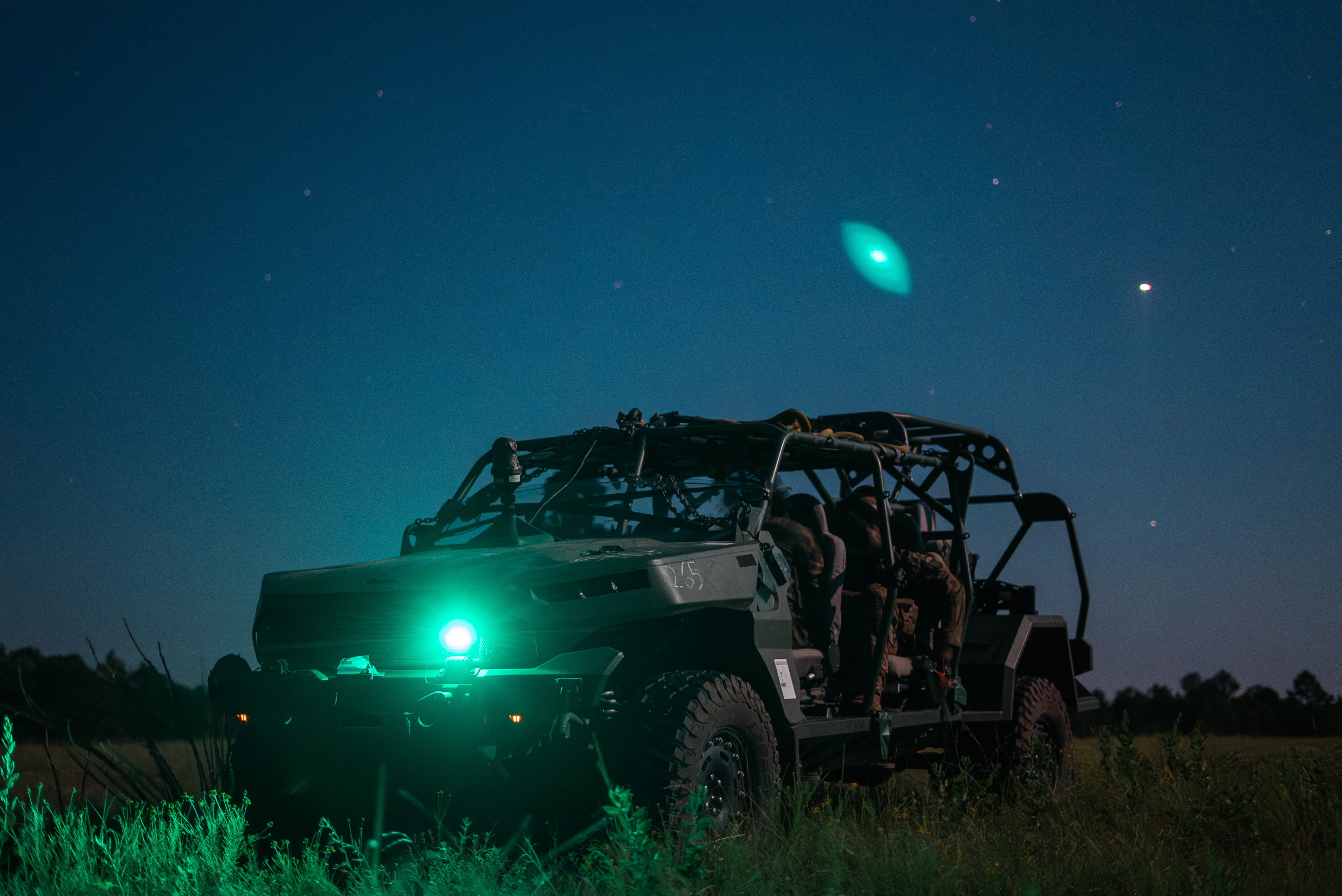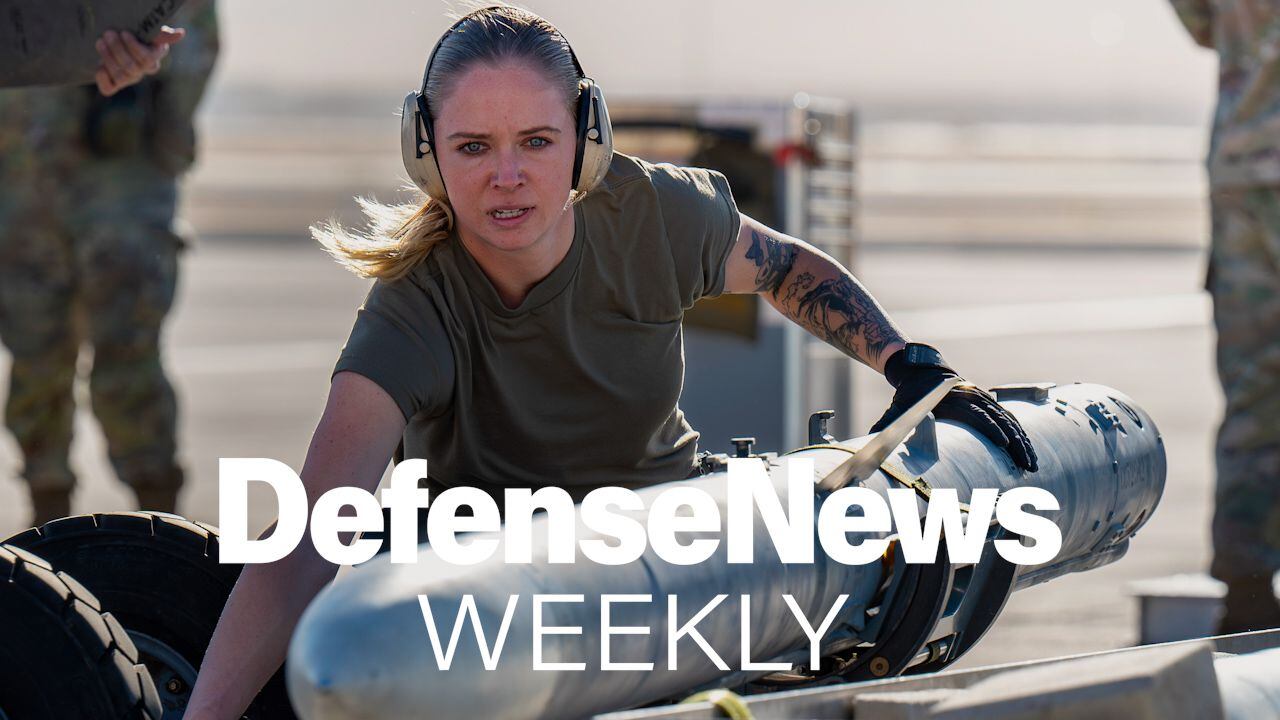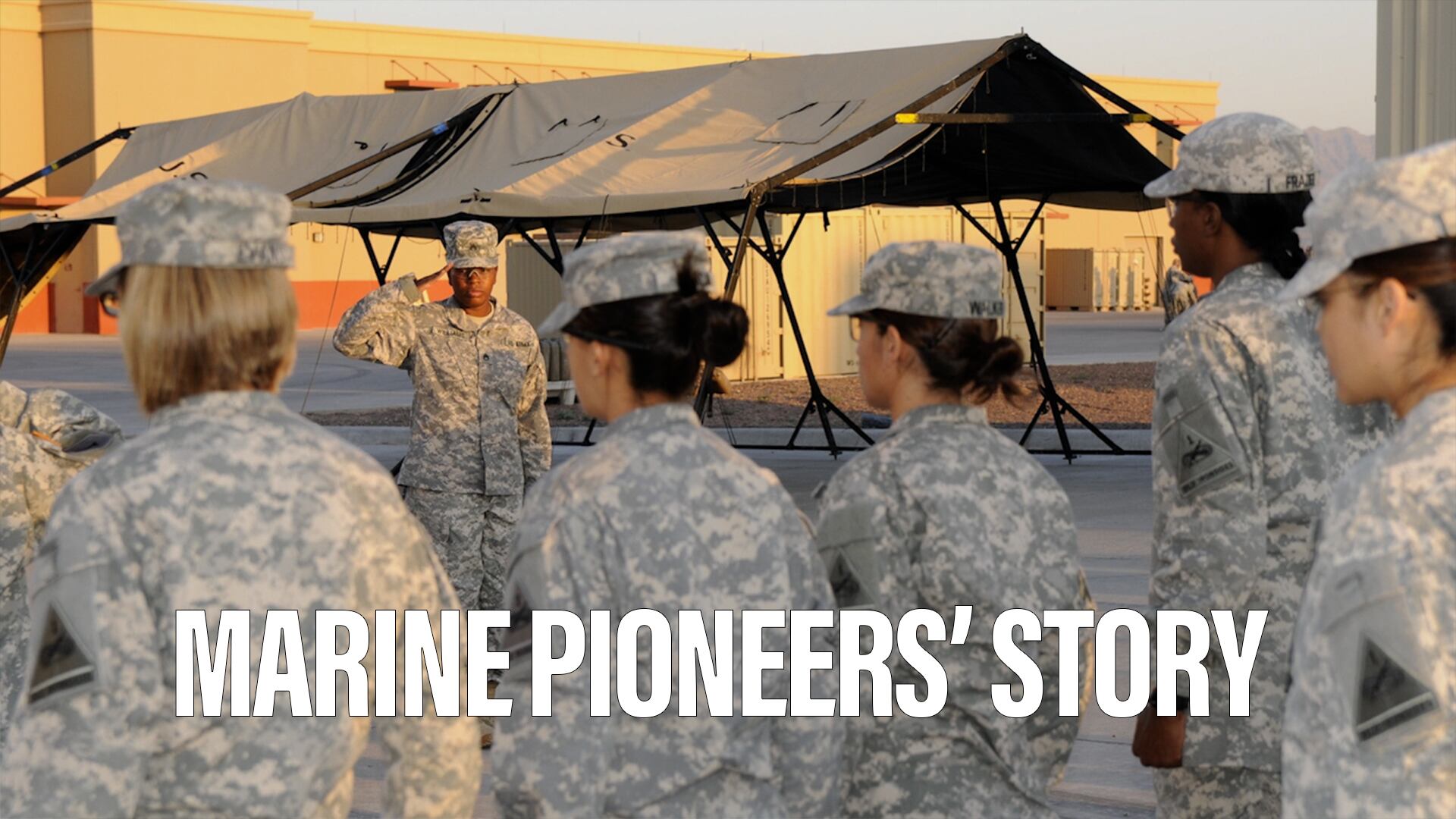A collection of premier operational Army units has conducted at least 10 rounds of experiments with a targeting system that is now actively used in U.S. Central Command and is being applied to solve logistics problems globally.
The XVIII Airborne Corps, which commands the 82nd Airborne Division, 10th Mountain Division, 101st Airborne Division and 3rd Infantry Division, along with other subordinate units, kicked off the targeting system experiments, dubbed Scarlet Dragon, in late 2020, Army Times previously reported.
Since going through at least 10 iterations, with more planned in the coming months and years, the command has developed the Maven Smart System, a combination of sensors and software that allows users to quickly assess a battlespace, gather reams of data and analyze that data using artificial intelligence and machine learning to identify targets and strike.
The evolution of that system was laid out Wednesday at the Armed Forces Communications and Electronics Association TechNet event in Augusta, Georgia.
“What we’re doing is different,” said Brig. Gen. John Cogbill, the deputy commanding general of the XVIII Airborne Corps at Fort Liberty, North Carolina. “This is a tool that we can ‘fight tonight’ with.”
RELATED

In its first iteration in late 2020, the Scarlet Dragon experiment teamed soldiers from the XVIII Airborne Corps with Marines from II Marine Expeditionary Force. In the training, teams used commercial satellite imagery and an algorithm to identify an inflatable tank in the open on Fort Liberty. The system then passed that data to a Marine missile system, which struck the target.
The “digital target pass” took 743 minutes, or more than 12 hours, Cogbill said.
But in the ensuing years, and with additional tinkering, that target pass can now be completed in under one minute, he said.
The Scarlet Dragon and other technology initiatives began under former XVIII Airborne Corps commander Gen. Michael Kurilla, who went on to take charge of U.S. Central Command.
Cogbill said that back in 2020, Kurilla told his staff he wanted the first “AI-enabled Corps” in the Army. Once Kurilla transferred to lead CENTCOM, he installed a data-centric command approach that included using elements of the Maven system, Cogbill said.
An analysis report released this month by the nonprofit Center for Security and Emerging Technology highlighted some of Maven’s development as well as its use by operational units.
“The ultimate goal is for the system and soldiers to be able to help a commander process 1,000 tactical decisions an hour,” according to the CSET report.
Without Maven, “the firing process is manual and riddled with inefficiencies and the potential for errors,” the report’s authors wrote, “from collecting the data to processing it, seeking permission, matching munitions, and granting permission.”
The XVIII Airborne Corps managed to match the targeting prowess of the time-critical target cell used during Operation Iraqi Freedom, “widely viewed as the most efficient in U.S. military history,” the authors wrote.
But while the OIF targeting cell used more than 2,000 staffers to cover a wide area and numerous targets during the 2003 invasion, the current demonstration managed the same workload with 20 soldiers, the report said.
Experts within the XVIII Airborne Corps are exploring whether the AI and machine learning approach can also help other unit commanders better “see” and “sense” logistics needs, Cogbill said.
That effort would entail providing commanders with a global picture of their supply chains and ways to run scenarios that help them decide how logistics will affect operations.
Scarlet Dragon efforts continue, meanwhile, with an experiment scheduled for next month and a series of events throughout 2025, Cogbill said.
The system is expected make its large-scale Pacific debut during the Yama Sakura training exercise in late 2026, a U.S.-Japanese military command post exercise.
Todd South has written about crime, courts, government and the military for multiple publications since 2004 and was named a 2014 Pulitzer finalist for a co-written project on witness intimidation. Todd is a Marine veteran of the Iraq War.








